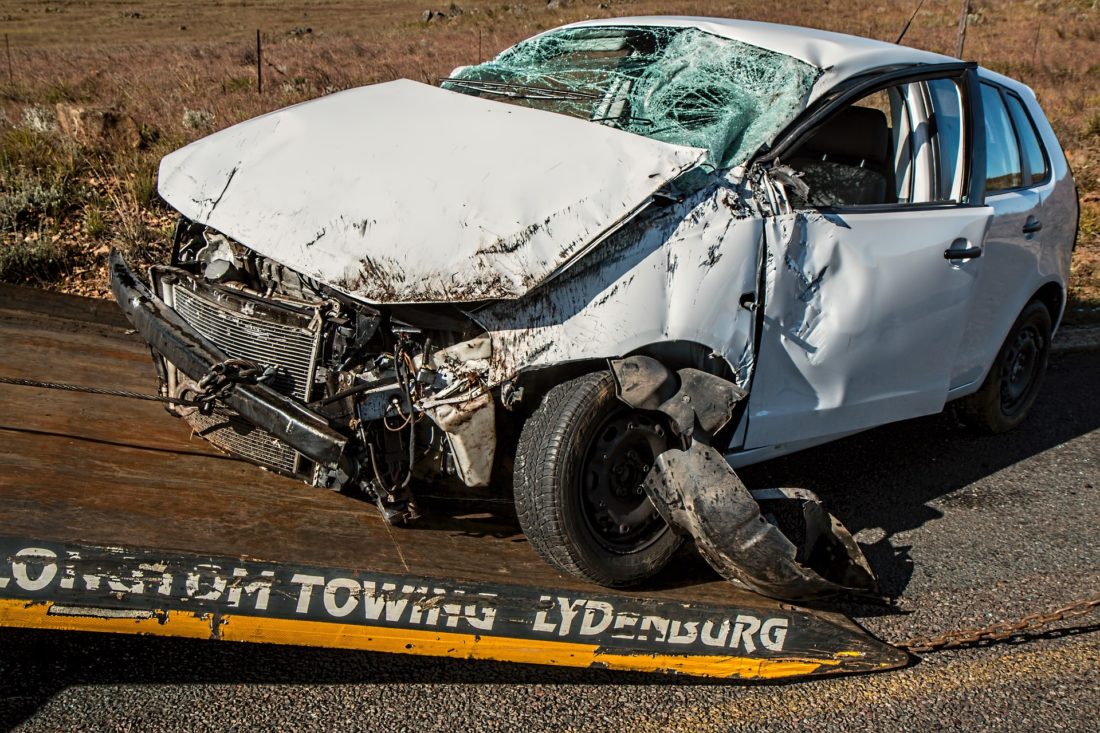4 Tools That Can Help You Win Your Car Accident Case
 There are few experiences that evoke greater fear in a person than a car crash. During the milliseconds when you see it coming, your heart beats faster, your pupils dilate, and you feel a deep pit in your stomach — wondering whether you’ll be here when it’s over.
There are few experiences that evoke greater fear in a person than a car crash. During the milliseconds when you see it coming, your heart beats faster, your pupils dilate, and you feel a deep pit in your stomach — wondering whether you’ll be here when it’s over.
Following the accident, you’ll likely have injuries that require medical attention. You hope they won’t be serious, but millions of injuries occur in vehicle collisions throughout the nation every year. When you’re hurt because another driver recklessly hit your truck or car, you owe it to yourself to pursue compensation.
As you prepare to fight this personal-injury battle, you’ll need a few key tools to help you win your case.
1. An Experienced Attorney in Your State
A skilled personal-injury attorney will be the strongest weapon in your arsenal. With the right expertise, he or she can help you get compensation for medical bills, vehicle damages, lost wages, pain and suffering, and other applicable damages.
You shouldn’t have to pay these bills on your own, and a qualified attorney will give you the best shot at securing compensation. Seek a car accident attorney who has experience in pursuing damages for personal injuries related to car accidents.
These injuries can be serious; they could put you out of work and even dictate the course of the rest of your life. An attorney who has fought and won several times before will know how to frame your case for success.
It’s also essential that your attorney lives in your state. An Alabama attorney will know Alabama laws and therefore avoid costly errors that could reduce or even lose your settlement.
2. Evidence
Sometimes, the evidence in a personal injury case is laid out perfectly. The other party or parties may even confess to decisions that led to the incident, and make it clear that you deserve a settlement.
However, other cases lack sufficient evidence to win an easy ruling in your favor. You can diminish that risk significantly by gathering evidence while the conditions at the site are still fresh.
If you had the presence of mind to make them immediately after the collision, photos or videos of the scene can be invaluable for proving the other driver’s culpability. Witness statements will also assist the court to find in your favor.
3. Sound Medical Care
It’s essential for you to seek medical attention following a car accident, as soon as possible, even if you don’t require transport to a hospital by ambulance. Your injury may not constitute an emergency condition, but it is still wise to be seen by a health-care professional.For example, whiplash sometimes doesn’t manifest itself until a few hours after an incident. If you develop a headache and your neck feels sore and stiff, you should obtain medical care right away.
A health-care professional will document the nature and extent of your injury and make recommendations for recovery. His or her report can also be used in a personal-injury case, should you find it necessary to file one. The physician or other specialist might even be called to testify in your case.
Most important, you must follow the advice of the health-care professional. If you fail to do as advised, this may appear to be an attempt to prolong your injury in order to try to win more money. This won’t look good to the judge, who could throw out your case for your lack of cooperation.
4. Police Report
When a crash has occurred, the first thing you should do is dial 911. Emergency services will dispatch paramedics, firefighters, and police officers to handle the aftermath and crowd control.
These emergency services can be lifesaving. Even if someone isn’t evidently hurt, underlying injuries may require timely treatment.
After the firefighters have controlled the scene and paramedics treated the injured, police officers will begin to assess the site and write a report. Often, the trained eye of a law enforcement official will spot signs of the other driver’s recklessness that can be useful for your case.
For example, an open beer bottle or can in the other driver’s vehicle, or tire tracks that indicate he or she slammed on the brakes due to speeding, can support your legal position. The police report can be subpoenaed to testify in your court proceeding. The information on file can help to prove your innocence and support your demand for a solid settlement in your case.









